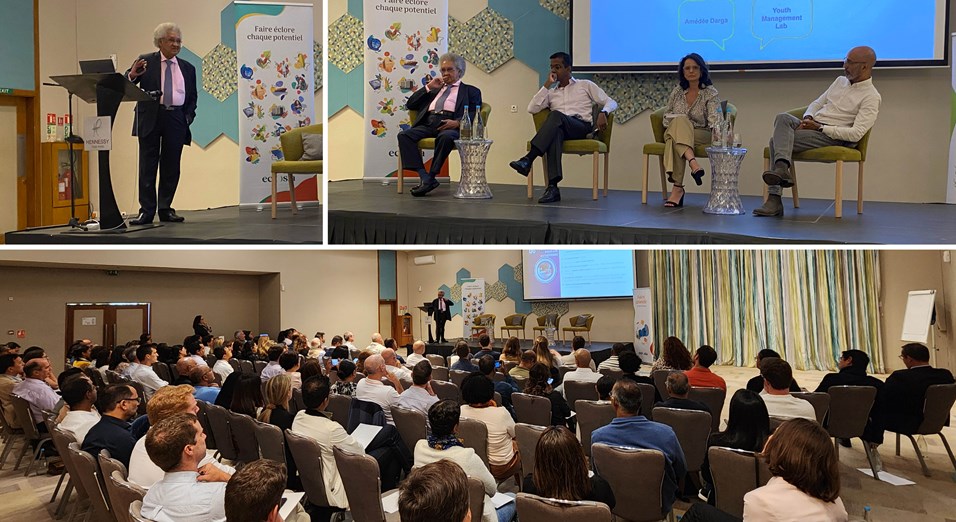Amédée Darga, Managing Director of StraConsult: “Mauritian Gen Z is full of paradoxes”

Why did you launch a study on Generation Z in Mauritius?
StraConsult regularly conducts socio-economic studies. But beyond our professional work, I have a personal interest in what’s happening in Mauritian society. I observe behaviours, the small individual shifts that, over time, shape broader societal changes.
Lately, during meetings in various business circles, I kept hearing a recurring theme: employers were talking about the difficulties they face with Gen Z – whether during recruitment, in trying to retain them, manage them, or even just communicate with them. That caught my attention. I proposed conducting a study, and several companies, including Eclosia, agreed to support us. That’s how the project began.
How did you collect the data?
The study began at the end of last year and was completed in March 2025. When conducting this kind of research, it’s important not to project your own assumptions. What matters is bringing out what the respondents – in this case, the youth – actually think. We started with open-ended interviews with 58 young people. This helped us understand their language, their emotions, their way of thinking.
Then we followed up with a more structured, quantitative phase, involving 800 young people. They answered a series of questions about their values, their relationship with work, their perception of companies, and their role within them. These two approaches gave us a rich, vivid picture.
What stood out the most in this study?
What struck me were the paradoxes. Mauritian Gen Z expresses strong values – respect, justice, discipline. Values anyone can relate to. But what really stands out is the gap between what they want and what they actually experience. Between what they expect from the world of work and what they find in reality.
This disconnect can be profound, and it creates tension. Not because they are against work, but because they dream of a world more aligned with their aspirations.
What lessons can employers take from this study?
The employers who attended our presentations often recognized themselves in the findings. They saw their own experiences confirmed – even clarified – by the study data.
But listening isn’t enough. Awareness must lead to action. I want to commend Eclosia’s approach: they didn’t stop at the presentation. What Eclosia is doing now – sitting down, starting internal conversations, reflecting on the results – is exactly what needs to happen.
Does this study help challenge common misconceptions about Gen Z?
Absolutely. Many adults, whether in companies or within families, are stuck in judgment. They see behaviours that bother them and jump to the conclusion that this generation is lazy, unstable, or difficult.
But we need to look beyond appearances. Just because something is unfamiliar doesn’t mean it should be dismissed. This generation has its own logic, codes, and reference points. We must try to understand them. Refusing dialogue means missing out on everything they can contribute.
Mauritius and its companies must do everything they can to keep this generation and give it the opportunity to contribute to progress with its fresh ideas. It’s a generation that matures late, but it also wants to be made up of citizens with stable jobs, fair pay, and the chance to build a family.
